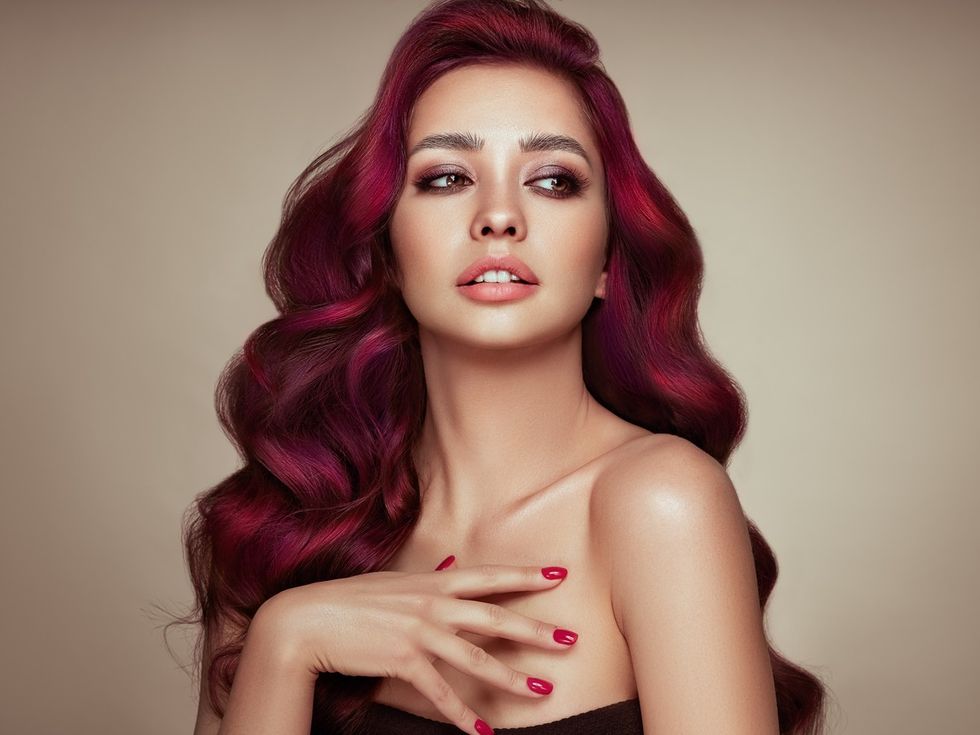As a breast cancer specialist and advocate for women's health, consultant medical oncologist Dr Fharat Raja has dedicated her life to educating and empowering women about breast cancer.
In her latest charitable initiative, she has developed a bespoke programme of activities for the Asian community along with Future Dreams, Breast Cancer Charity – the organisation she supports and works with separately as a trustee.
Future Dreams has partnered with the skincare brand, Palmer’s, to provide support to those affected by breast cancer, focusing on the specific needs of the south Asian community.
Dr Fharat said there is stigma, shame, and fear of discrimination from family or communities, which can hinder seeking help and support for those affected by breast cancer.
Additionally, there is a common misconception that cancer is not something that affects Asian women, adding to the reluctance to seek screening and treatment.
Dr Fharat emphasises the need to break down these myths and encourage women to seek help and support, empowering them to lead their best lives and share their experiences with women of similar backgrounds.
Breast cancer is one of the most common types of cancer among women worldwide.
Dr Fharat has answered some of the most pertinent questions regarding breast cancer screening among south Asian women.
What is the partnership between Future Dreams and Palmer’s for those affected by breast cancer in the south Asian community about?
Future Dreams and Palmer's have collaborated to eliminate barriers and offer emotional and practical assistance to the affected community. They plan to create events and activities tailored to meet their specific requirements.
Palmer’s also provides these women with skincare, which is really important when going through treatment with chemotherapy. It can cause problems with the skin and hair, so they are also providing them with cocoa butter formula length retention shampoo, conditioner, and other skincare items because a lot of these women have lost their hair through chemotherapy.
Thus, they are providing products, they are providing workshop space, they're providing funding for snacks, sources and drinks, etc. They are also providing quite a lot of awareness through their social media channels, so that women hear about it, and come to our workshops because of course, it's quite difficult to get to women who would benefit from this.
On February 28th, the 'Samosa Chaat & Chat' workshop was conducted at Future Dreams House (King's Cross) in partnership with Palmer's. The workshop was led by me and Jasdeep Gahir, an oncoplastic breast and general surgeon, who has extensive knowledge and experience in addressing the challenges that individuals from the south Asian community face following a breast cancer diagnosis.
Attendees were served samosa chaat and freshly brewed chai tea, prepared by renowned chef and baker Shabnam Russo in the Dream kitchen.
At the workshops, Palmer's provides a safe, non-clinical, and nurturing environment for attendees to discuss their personal situations and develop peer friendships, expanding their support networks.
These workshops will be held monthly, with customised topics to meet the needs and interests of the attendees. The primary goal is to provide emotional and practical support.
We've had two workshops already, and we've got the next four or five planned. And what we hope is that we will have women returning, but also new women joining as required.
We also want to branch out and educate women in the general population, and to try and encourage women to check themselves by examine their breasts and to report any changes in their breasts to their doctors, and undergo routine screening.
So, we really want to sort of kickstart these conversations that should be happening within the south Asian population.
How do workshops such as this help to break down myths and encourage women to seek help and support? And what challenges do South Asian women face following (and prior to) a breast cancer diagnosis and treatment?
Future Dreams House is a centre that provides support for women who have been diagnosed with breast cancer. However, when visiting the centre, it was noticed that there were very few women of colour or Asian women.
This led to the creation of a special group for south Asian women. The group aims to provide a comfortable and safe space for south Asian women to talk about issues pertinent to their culture and religion.
The group has had between 15 and 20 women attend each session, and the peer support they receive from other women who have also been diagnosed with breast cancer has been incredibly beneficial.
Many women have expressed feeling lonely and isolated before attending the group, but have found comfort in seeing other women who are like them and going through a similar experience.
During the group sessions, women discussed various issues they have faced, including societal beliefs that breast cancer is a punishment from God or that it is something to be ashamed of.
These discussions have highlighted the need for more open and honest dialogue about breast cancer in the south Asian community, and the importance of raising awareness that breast cancer can affect anyone, regardless of their background or culture.
The creation of the group has provided representation and understanding for south Asian women who have been diagnosed with breast cancer and has brought awareness to the fact that breast cancer is just as common in the South Asian community as it is anywhere else.
It has also provided a much-needed support network for women who may have previously felt isolated and alone in their journey with breast cancer.
Are there cultural or religious beliefs that may impact how south Asian women approach breast cancer screening or treatment?
I was struck by how many of my patients didn't have screening. And often, they would wait until their breast lumps had got quite big before they actually went to see their GPs. And in fact, we know now from the data that we have, that the uptake of breast cancer screening is lower in women of south Asian backgrounds, than compared to the Caucasian population of the country.
Also, there seems to be a global kind of issue that they don't seem to be aware of cancer in the same way.
Over the years while treating women from a south Asian population, I was really taken aback by the fact that they often had a very lonely journey. And that seemed to be slightly at odds with the great sense of community that Asian people have.
Often, they came from large, extended families, and lived in their communities, but they didn't seem to share their breast cancer diagnosis or their treatment. It seemed they didn't have somebody to share the burden of their breast cancer.
So, I asked quite a lot of probing questions like whether they were getting support, or whether they spoke to people.
What I found was a recurring theme that often women didn't tell their families, they didn't tell their communities. This is because they felt a great sense of stigma, a great sense of shame.
They often felt judged about having breast cancer.
And there were some themes that keep coming up, where if the women were very young, then they felt that their marriage potential would be affected, and nobody would want to marry them. They were also worried about their fertility, whether that would be affected.
Also, the women who were older and had children, you know, teenagers or young women were worried that nobody would want to marry their daughters or their sons because there was something wrong with the family.
Additionally, I found that Asian women tended not to make use of any additional resources. They never went to any complementary therapies; they didn't go to any help centres or support centres.
Some women say they don't want to have screening due to cultural reasons, or they make assumptions as to the fact that Asian women don't get breast cancer, or they haven't got it in their families, so therefore, they don't need it.
They don't fully understand that this is a preventative kind of screening tool, which all women should have over the age of 50.
They also seem to just not have the knowledge or awareness that they should check their breasts and that they should report anything abnormal straightaway.
So, there are multiple reasons that impact how south Asian women approach breast cancer screening or treatment.
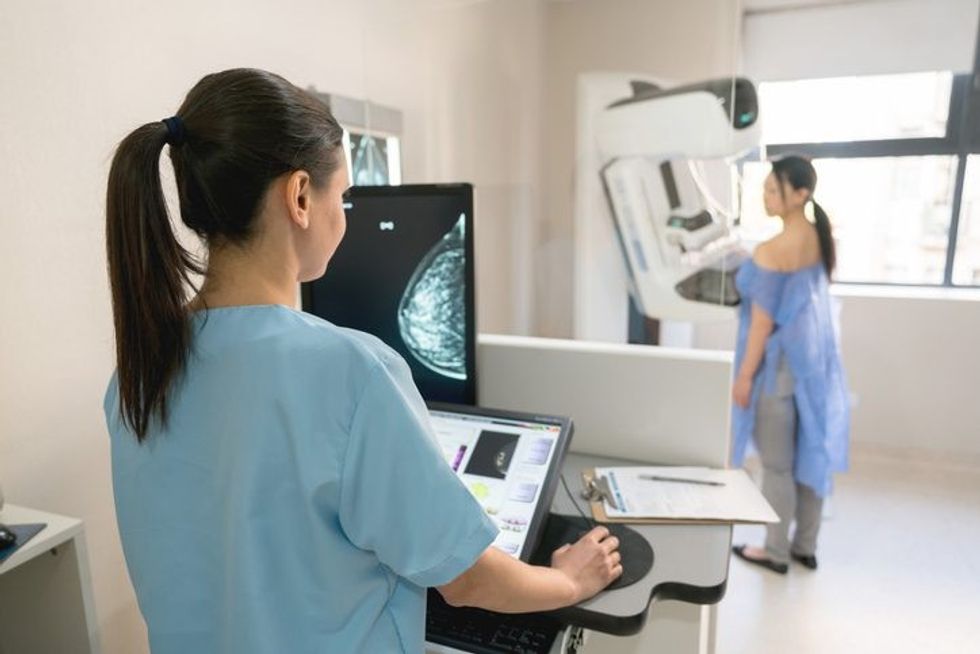
Also, there's often no knowledge about the screening. They don't know what it involves. And because they don't know what it involves, and there's a degree of fear, there's a degree of apprehension about it. Sometimes, it’s just a fear of the unknown. They don't know what a screening mammogram would involve, and therefore they just don't want to take part in it.
How can we address the stigma surrounding breast cancer in the south Asian community? And could you offer an insight into how south Asian women can support one another through breast cancer diagnosis and treatment, particularly in light of cultural or familial expectations?
One way to tackle the stigma surrounding breast cancer in the south Asian community is by dispelling some of the myths that exist. For example, some believe that breast cancer is caused by a family history or is a result of a curse.
These misconceptions need to be addressed and corrected through education and awareness campaigns. By providing accurate information and breaking down these barriers, we can help to reduce the stigma and encourage more open conversations about breast cancer.
It was also noticed that many women in the support group were younger than the recommended screening age for breast cancer, and were not aware that it was possible to get breast cancer at a younger age.
Their cancer diagnosis was a shock, and they felt unable to share the news with their families.
Attending the workshop gave them the confidence to talk more openly about their diagnosis, and sparked conversations about the importance of breast cancer screening.
The group also provided emotional support for the women, who previously lacked someone to talk to about their experiences and treatment side effects. The companionship and representation they found in the group were helpful for their well-being.
What led you to become a breast cancer specialist?
I'm a medical oncologist specialising in breast cancer, with 24 years of experience as a doctor. I graduated from Oxford University and have been practising in London ever since.
My interest in cancer began during medical school and continued through my specialist training as a junior doctor, where I saw the potential for improving patient care and advancing research in this area.
Breast cancer is an especially important focus for me, as I have observed that Asian women often lack awareness of the disease and are frequently diagnosed at later stages. This is particularly concerning to me as an Asian Muslim and first-generation immigrant to the UK.
Through my work, I hope to help increase awareness and encourage more women to undergo screening, while also contributing to advances in breast cancer research.
However, due to a variety of cultural, economic, and language barriers, many women in this community face difficulties when it comes to breast cancer screening. These issues can include a lack of awareness about the importance of early detection and, limited access to healthcare resources.






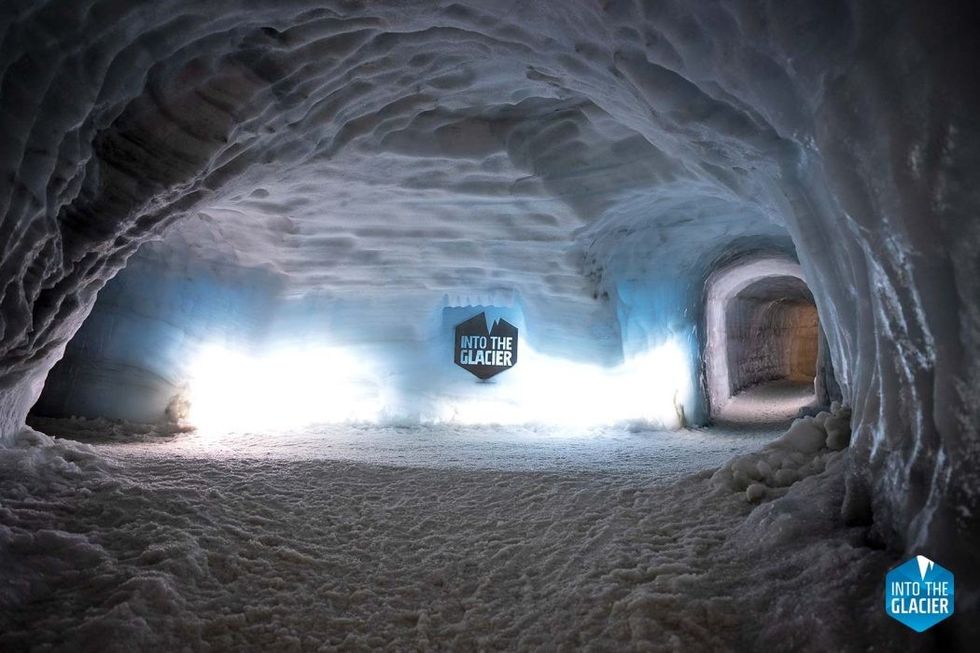
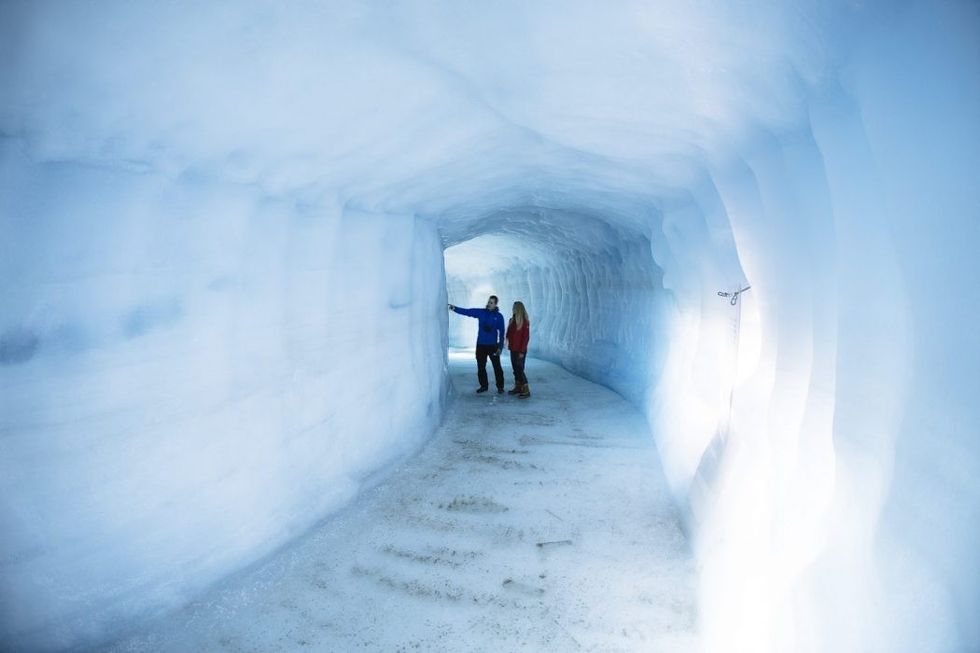




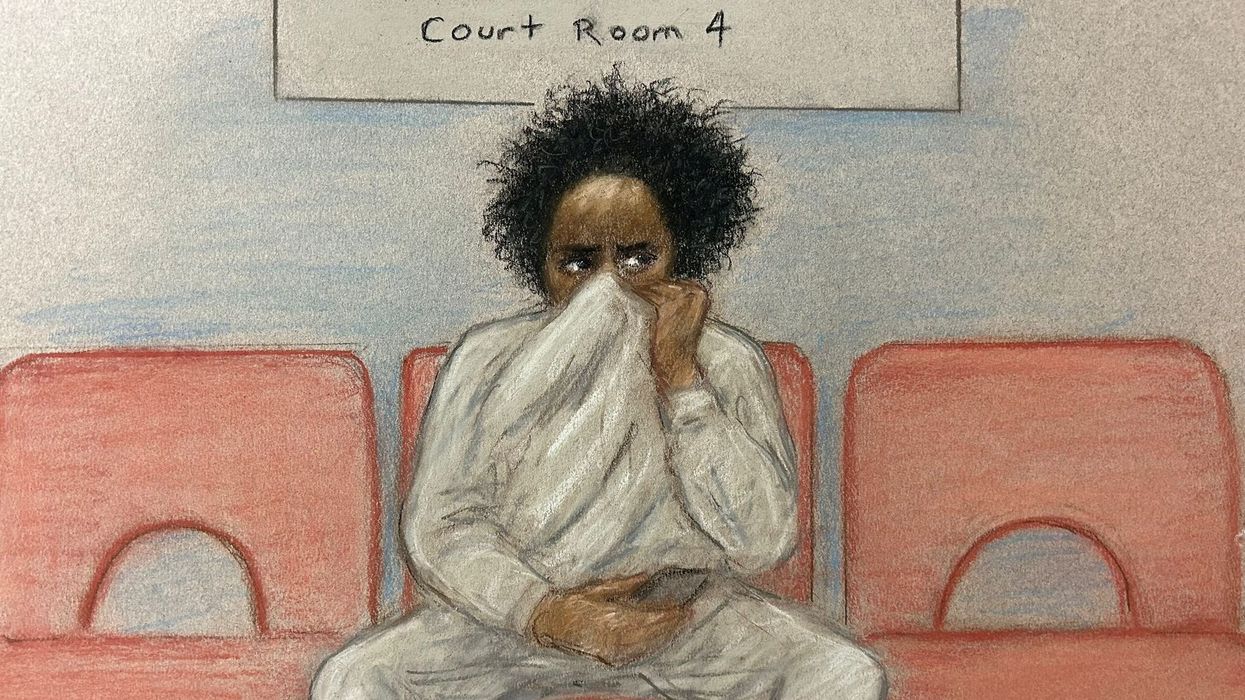







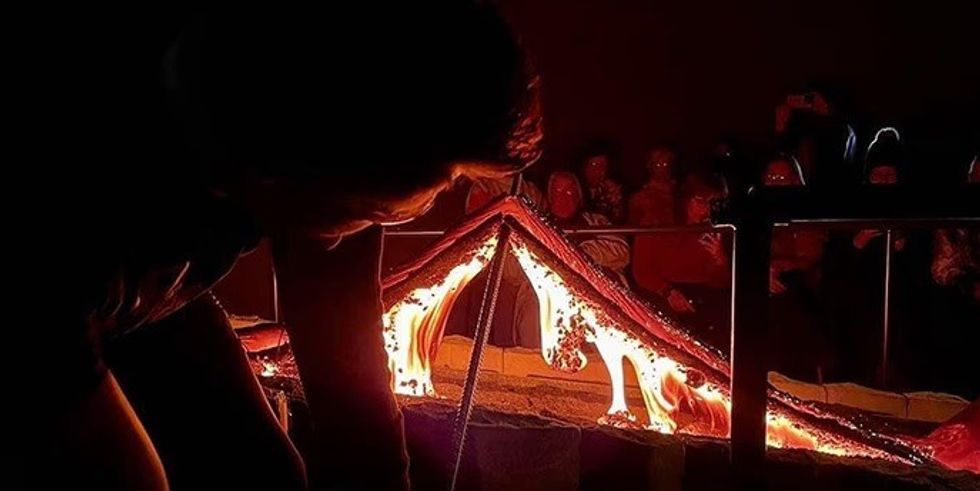
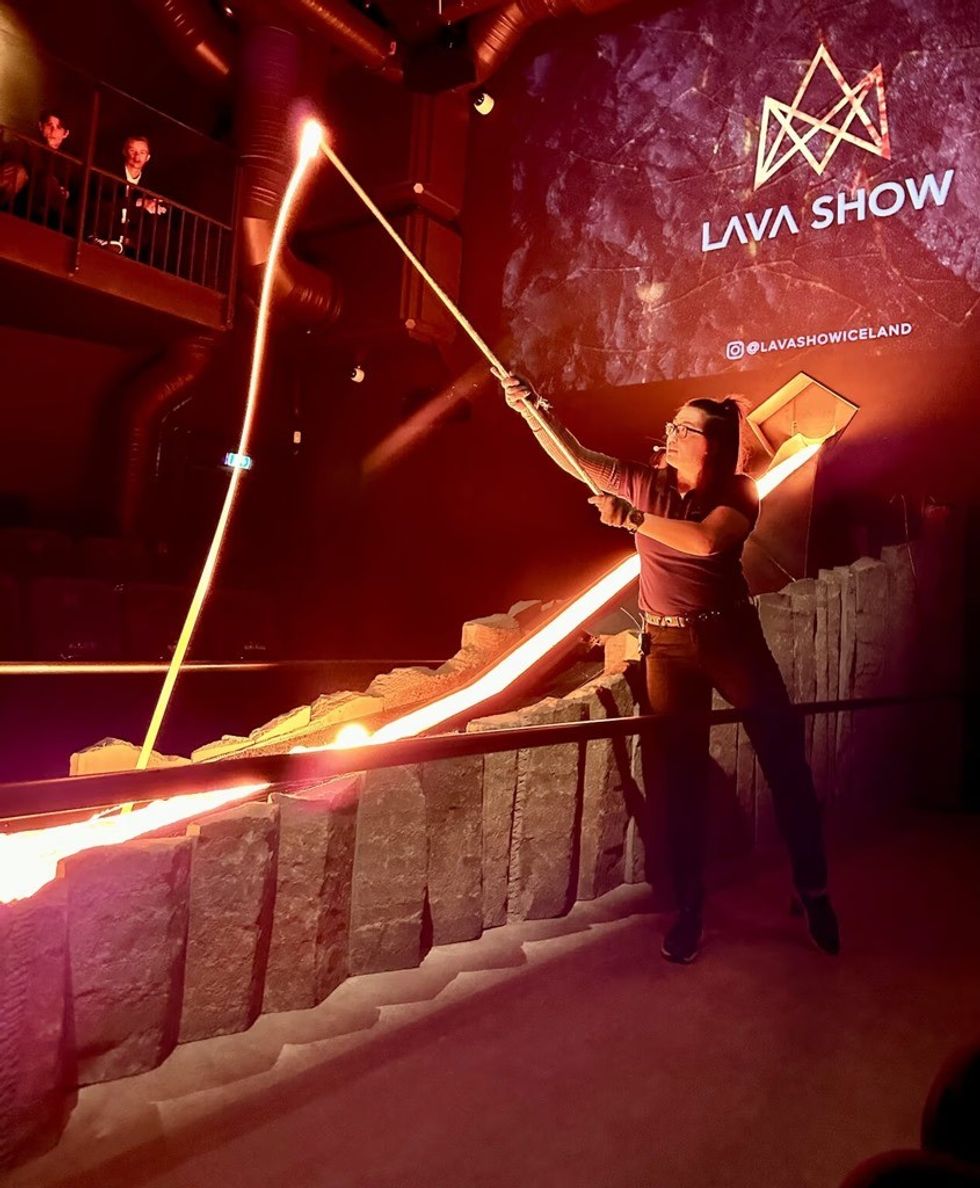

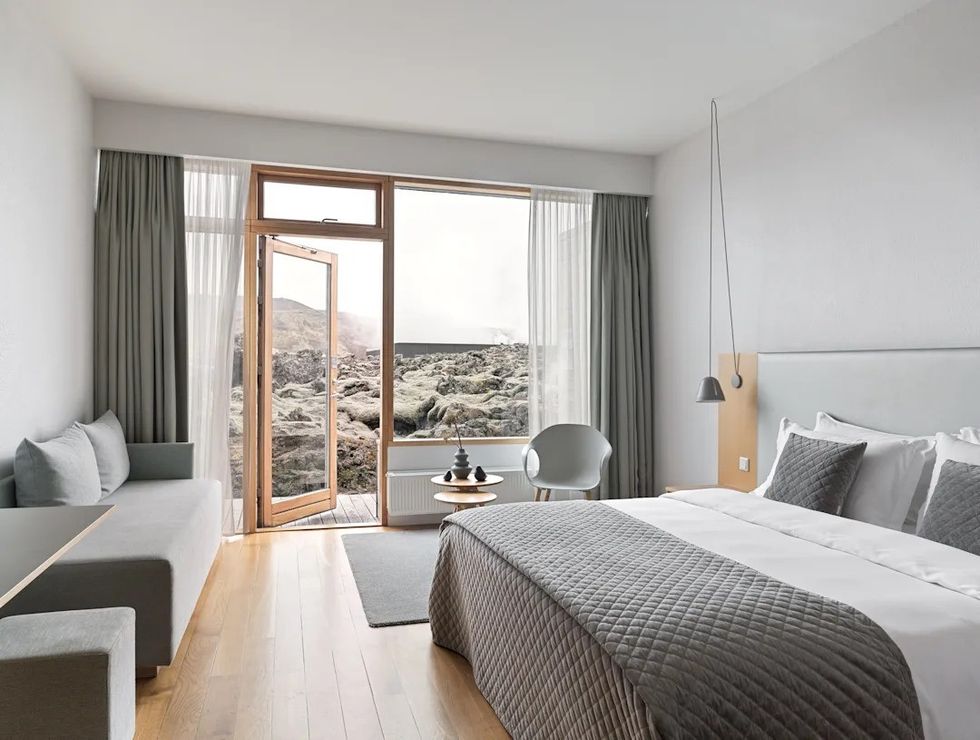
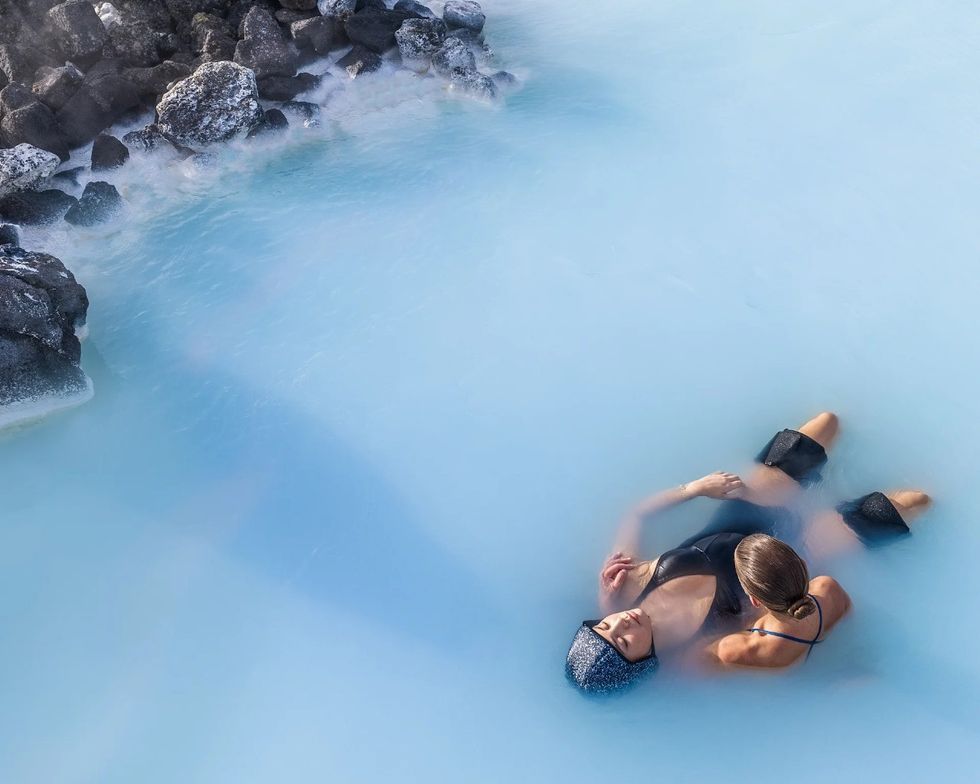


 Dimps Sanghani
Dimps Sanghani
